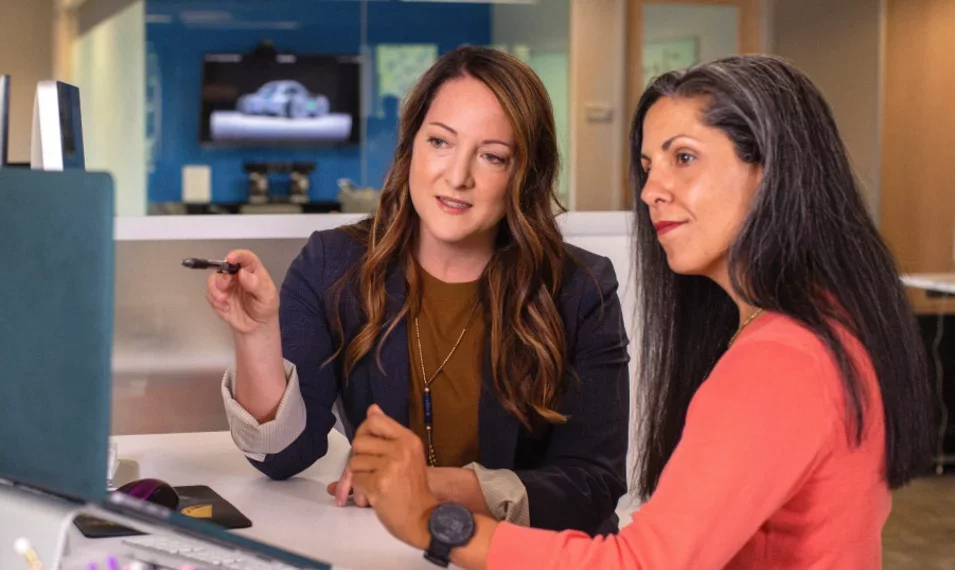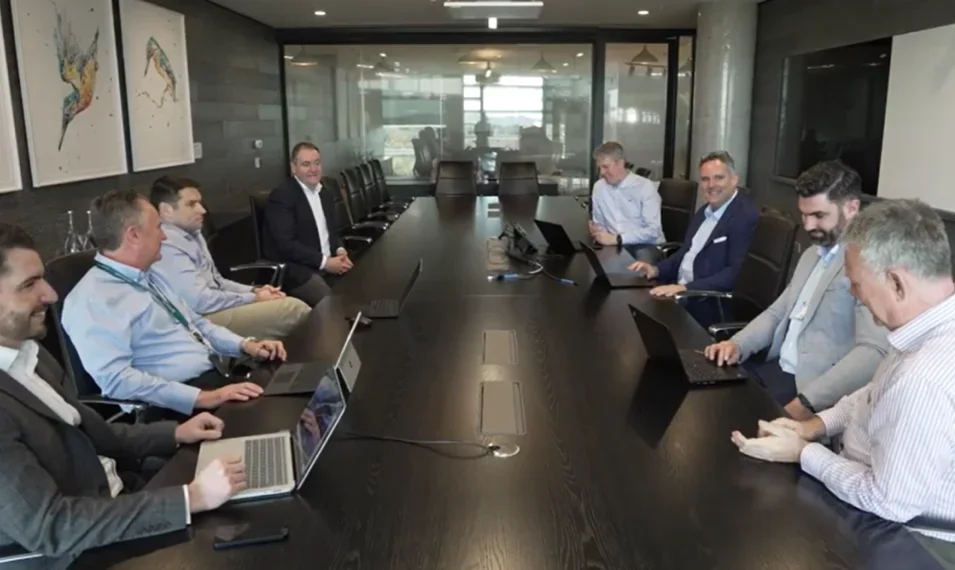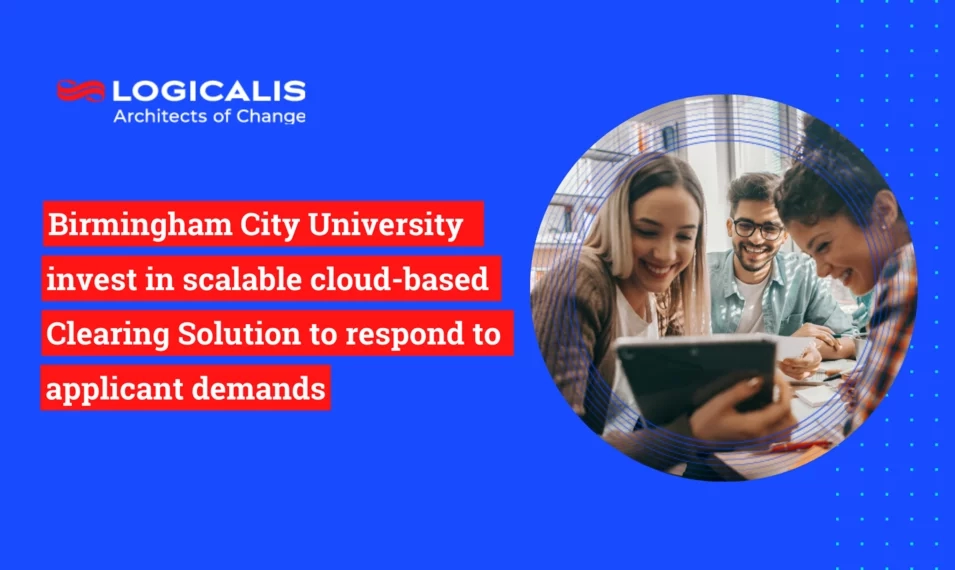, Jun 26, 2015
When Lorraine Tomlinson-Hall was appointed Chief Operating Officer (COO) for the Lincoln College Group, Trovus’ COO Fanni Vig was keen to get her personal insight into what it is like to hold such a position within the education sector. In the following interview we discover the reasons behind Lorraine’s appointment, the impact of taking a commercial approach to a government-funded organisation and the implications for the education sector as a whole.
Click here to download the PDF version of this expert interview.
About the Lincoln College Group
The Lincoln College Group comprises of a range of educational and training organisations based in the UK and overseas. The group currently includes: Lincoln College (with campuses in Lincoln, Newark & Gainsborough and operations in China), two secondary school academies: The Newark Academy and The Gainsborough Academy, Deans Sport and Leisure, a commercial sports centre and Lincoln College International, which runs three Colleges in the Kingdom of Saudi Arabia. The group now has approximately 1,200 employees and a total of 18,000 students.
The driving force behind this most particular COO role
Fanni: Isn’t is unusual to have a COO in an educational establishment?
Lorraine: It is definitely not the norm to have a COO in a college and it is a new concept introducing a focussed commercial element to this sector. But the Lincoln College Group is an international organisation which is broadening its outlook and as a result its growth is on an upward trajectory. Furthermore, the sector has been widely briefed that it had to reduce its dependency on government funding going forward.
Fanni:So reducing reliance on government funding and growth are the factors that triggered your role.
Lorraine: Yes it has been quite a shift, as our dependency on government funding sits at about 80% of current overall revenue. This quantum is by no means an outlier in the sector, however it does present challenges in the face of decreased funding figures, it definitely helps that we have the diversity of the overseas and commercial arms. I would think more colleges might consider a COO (or similar) role, maybe a Commercial Director to support and enable them through the inevitable change we will all face in the future.
Fanni: How did the organisation operate prior to your appointment?
Lorraine: We are fortunate to have an ambitious Board who have taken us into the Kingdom of Saudi Arabia and China, moves that demonstrate their innovative approach. Their continued support allows us to pursue exciting opportunities that grow our business and ultimately benefit our students and workforce.
Fanni: So what are your main responsibilities?
Lorraine: It’s quite broad really, but mainly it sits across the corporate support functions for the group including Finance, Business Development, Marketing, MIS, IT, HR and the commercial companies. An example of those, is a state of the art sports and leisure facility which includes an amazing spa and hair salon.
Fanni: That covers a wide variety of areas.
Lorraine: Yes it does. It knits together quite nicely and provides a harmonised commercial and business support to our core education and training delivery. If I could describe it in one phrase: I feel it is my responsibility to protect the group and by doing what needs to be done we are able to continue providing an outstanding experience to our students.
Using data and information in the decision-making process
Fanni: Do you remember how you first started using more data and information as part of the decision- making process?
Lorraine: My background is in accountancy and I am often heard using the phrase, “behind every number is a story and vice-versa.” I have a real passion and love for data and wherever possible I endeavour to use what data I have in order to analyse and make informed business decisions. It really surprises me how little data is used in other organisations. When I start a company, I have a certain level of expectation that it will be able to tell me about its core business, however, all too often it is difficult to understand what exactly is going on because of a lack of data and analysis. Certainly in the past, I have been brought into organisations facing a challenging financial position and a key contributor to that is often due to poor data analysis and the resulting ‘blindsided’ decision making. With the Lincoln College Group, I felt that we needed a data set in order to tell us about our business, but this simply didn’t exist before my arrival.
Consequential impact and data quality
Fanni: You mention your love for data. In your opinion, do you think you need to be a ‘data-minded person’ in order to recognise the importance of data?
Lorraine: I think data can scare people. I appreciate the necessity of data, regardless of whether the outcome is positive or negative information. Data not only tells you where you are, but also gives you the ability to innovate and take your organisation forward with confidence. I teach my team the concept of ‘consequential impact’ - whereby decisions need to be made together with the awareness of the consequences. If you know your business and you know the data within business, then the consequential impact will only improve in quality. We all make mistakes, but you mitigate the quantum of error if you have an awareness of what your decisions will achieve. That only comes from knowing your business, which is a result of knowing what data you have.
Fanni: What challenges have you faced when using insight to make decisions?
Lorraine: I think it is safe to say that profit margins are not the main driver for organisations that rely on government funding, such as the health and education sectors. While we are here primarily to deliver a great education, I am a great believer that a commercial mentality should also be in place. For example, when budget restraints were introduced in the health sector, all too often the automatic response was to cut jobs. I would always fight this knee-jerk reaction, as the consequential impact was often less people to do more work. The indicators were that more people were using the service, so job cuts did not make sense. Unless you truly know that the amount of staff needed to provide the service is ‘x’, then it is impossible to justify cutting jobs as being the correct decision.
On a positive note, at the Lincoln College Group, we have the opportunity to bid for new and exciting pieces of work from the private sector. I have found that if you do not know your true costs at a granular level then you could submit a bid that looks great but you actually undercut yourself because you have not taken everything into consideration. You cannot see the value of the outcomes without data.
Fanni: Did you ever have data quality issues?
Lorraine: As my role is new, I have a particular method of breaking down the organisation operationally in order to run it effectively. When you have historical operations that look at the business in a different way, then you will always have quality issues. Due to the data not being recorded in the same way, I couldn’t get the answers to my specific questions, as there was no harmonisation in data capture.
Fanni: Has this hindered the way you use data?
Lorraine: Yes. We had a chart of accounts which was twenty years old with cumbersome structures. The chart of accounts within our finance department had a combination of 2.2 million scenarios, when the average is around 30,000. We had to bring in a skillset that rebuilt our whole structure. This has resulted in us now having a fit for purpose structure with a strong foundation which can now grow as the group grows without changing the whole framework. Unfortunately, when migrating the information over, we realised we had very poor data to start with and so we do not have any previous trends. As a result, we are building our own trend analysis from here on in, which presents difficulties but the quality is paramount.
Fanni: Did this stop you from achieving your utopic scenario of using data to make informed decisions?
Lorraine: Not at all. The consequential impact of doing nothing is detrimental to any business, so I had to take a step back and look at the migration of data. I can now see that the data we are recording allows for trend analysis so I will get my ‘nirvana’.
Fanni: You carry the responsibility of Finance, BD, Marketing, IT, HR, MIS and the commercial part to name a few. Who faces these challenges and what team does the responsibility mainly sit with?
Lorraine: It is all of the above because everyone plays a part. As the group COO, I have a responsibility to all within it and that is reflected in the outcomes. We need for example, a product that Marketing can market, BD needs to help develop the product to sell it and so on. Everyone is involved in the process in one way or another. Since I joined the organisation, a great deal of work has been done to develop how different parts of the college work together and gain a clearer understanding of everybody’s role. Not understanding this can be huge and dire for the business.
Fanni: How has Trovus been of assistance?
Lorraine: In many ways. Not least was how Trovus engage and use our in- house expertise, meaning the final outcomes are known to such a degree of granularity because of the inclusion of the different teams within the organisation. By working with Trovus, we now have a much better understanding of our KPIs and what they tell us about our current position. This has enabled us, within a short space of time, to draw information from this data and we are starting to make more informed decisions and produce predictive analysis.
Transparency leads to clear vision
Fanni: Would you say the COO of any organisation needs to have clear visibility of every department?
Lorraine: Absolutely, as do the people within it. A recent piece of analytical work was undertaken by the Skills Funding Agency (SFA) nationally and concluded the average class size should be 20 students in order to be viable on the current funding levels. If we don’t utilise that information internally and set targets then we are vulnerable to underperforming throughout the whole year. To put this into context, it is widely assumed that this number is about 12, a substantial difference to reality and clearly a risk to an organisations financial health.
Fanni: Do you have any advice for anyone in an Operation Director’s role that uses data insight?
Lorraine: There needs to be inclusion and communication, whereby the workforce is informed and truly understand their position. There is often sensitivity around performance data, so including key people in understanding this message correctly ensures that you acquire ‘ambassadors’ who understand the big picture and they in turn become your ‘comms champions’ delivering the correct message to the organisation. It is sometimes hard to identify who these key people will be as positive influencers come from all areas and it is not purely based on people’s job titles or role.
Fanni: There must be situations where job cuts are a knee jerk reaction from looking at the data?
Lorraine: I’m sure there are. I take the approach of tracking back to look at past activity levels and establish when we would have truly required the workforce numbers we have at the current time.
This then identifies the gap between knowing what our activity was and what our activity currently is. In very basic terms you have then established your necessary growth in order to get back to affordable staffing levels. The organisation then has the choice as to whether you grow, cut or diversify into other revenue markets. By using data and analysis, Lincoln College Groups’ vision is to facilitate informed decisions making in order to grow and sustain the groups’ financial strength and viability for current and future operations.
How data is set to shape the future of education
Fanni: How do you foresee the future role of data?
Lorraine: For me, the ideal scenario is to have a workforce that use data on a daily basis. For every question that they ask, I would want them to use data to inform their decision and also for everybody to take into account the consequential impact. We recently had a mid-year review with all of the delivery experts in one room which has never happened before. Not only has data analysis informed our organisation at every level but I believe it has been pivotal to our integrated working which positively contributes to real culture and behavioural change.
Having the security that your business is healthy, allows everyone to do what they are paid to do and in our case that is to provide a quality education and training facility. Our primary focus here is to provide students with the best possible education and training experience, preparing them for the career of their choice.
It is an absolute honour to work in the profession and wonderful to be a part, albeit small, of the student journey towards employment. Education is and always should be a hugely positive part of everyone’s life.
The diagram below demonstrates how data is used to make decisions within a school environment by Christopher Dawson for ZNet Education on May 27, 2010














